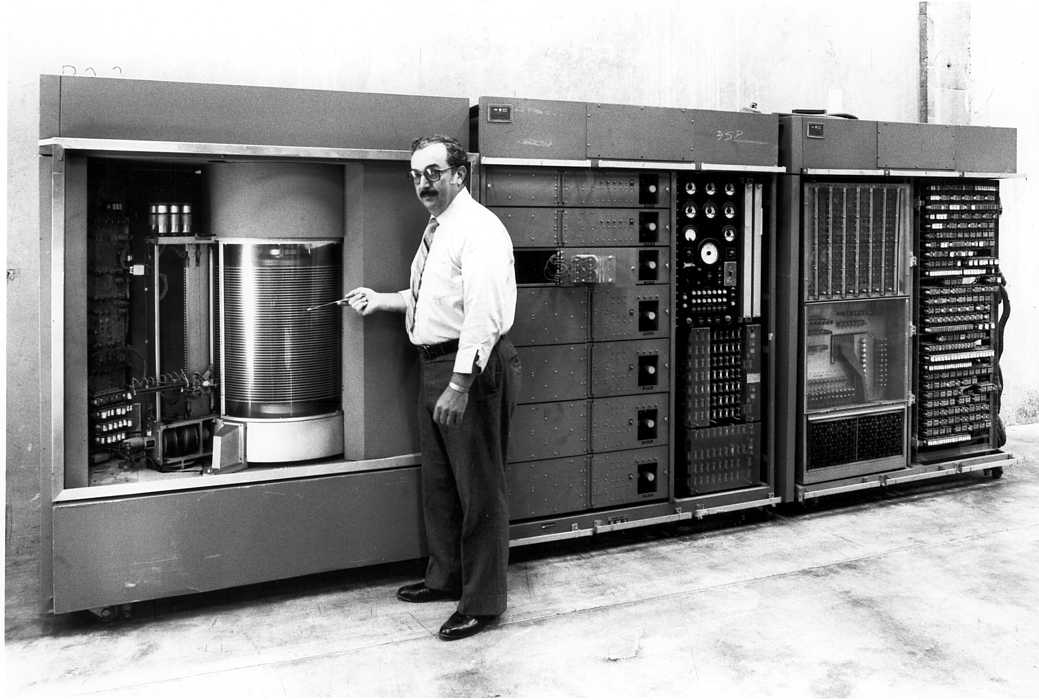This is the second of our predictions shows for 2020 that anticipates what we can expect in enterprise storage for the year ahead. This episode covers solutions and vendors. We open with a discussion on cloud-native storage, which saw a lot of traction in 2019. Will the future be one of these companies or as Chris says, should we just rely on VMware to underpin our container environments? The discussion moves on to object storage and in particular a look at a company called MinIO. As an open-source solution with S3 compatibility, MinIO could be …
#138 – Storage Predictions for 2020 (Part I)
This week Chris and Martin are joined by Chris Mellor for what is turning into an annual look at storage technology for the year ahead. We should point out that this is only for enterprise storage and not a forecast on the world in general! We start with a discussion on media. At the macro level, capacities continue to grow for SSDs and HDDs year on year. This trend is expected to continue, but what micro-level advancements are being made? QLC increases in layers, while PLC (penta-level cell) flash is being mooted as increasingly more …
#136 – The End of the Year Show 2019
In this final, final show for 2019, Martin and Chris review both the year and decade just passed. How did predictions work for 2019? What technology has come and gone over the decade and what can we expect in the next 10 years? Downloads have increased exponentially again over the year. Thank you to everyone who continues to download and listen to us. The most popular posts continue to be those focused on vendors and products. Top of the list is #102 – May Midrange Madness, with the VAST Data dilogy (#105 & #106) close …
#130 – Making Money in the Storage Business
This week, Chris and Martin reflect on changes in the storage industry and the ways in which vendors can make money from storage hardware and software. It’s been a tough time for storage vendors of late and the discussion starts by looking at the challenges of making money in a market where components are commodity and decline in price each month. How should vendors adapt to these challenges? There are alternative strategies than simply piling it high and selling it cheap (although that is one model). All-flash systems offered the ability to charge higher margins, …
#107 – Should IBM Quit the Storage Hardware Business?
IDC recently released their latest quarterly storage sales figures. The data shows, yet again, that IBM sales continue to decline. In this week’s podcast, Chris and Martin discuss the state of IBM’s storage business. Is it time for IBM to quit? IBM has an embarrassment of riches in storage software and hardware (or a nice portfolio as Martin puts it). Many of these solutions have evolved from other technology, like SVC and XIV. With the acquisition of Red Hat, IBM customers will have even more storage choice. Does this mean more flexibility or confusion? Re-using …
#102 – May Midrange Madness with Chris Mellor
This week Martin, Chris Evans and Chris Mellor discuss Dell EMC’s plans for merging the three current midrange storage platforms marketed by the company. This is a follow-up to the article Chris recently posted on https://blockandfiles.com that discusses Project Trident. There are a lot of moving parts to consider when merging storage platforms. Customers have spent time and effort developing processes and scripting to automate common processes. How will these be supported? Will the new platform appear to take on the persona of the previous three? Should customers (as Martin believes) be forced to make …
#99 – Dell Technologies World 2019 in Review
This week, Chris and Martin discuss the announcements from Dell Technologies World 2019, held in April/May 2019 at the Sands Convention Centre in Las Vegas. Chris attended as a guest of Dell Technologies, who covered flights and accommodation. Dell Technologies made a range of announcements, including improved capabilities on the Unity XT and Isilon storage platforms. A new data protection platform called PowerProtect was introduced and PowerMax gained dual-ported Optane drives that allow a new tier of persistent media storage. One of the most interesting areas was the announcement of more SaaS and cloud-based offerings, …
#93 – Myspace Loses 12 Years' of Music
This week, Chris and Martin discuss the issues at Myspace, which recently disclosed that 12 years’ worth of user content had been lost during a (failed) server migration. The once-mighty Myspace was the largest social networking site from 2005 to 2009 (according to Wikipedia) and had estimated revenues of $109 million in 2011. So, how could a company with such as large valuation and solid revenue manage to lose data so easily? In 2005, News Corporation purchased Myspace for $580 million, later selling he company in 2011 for a rumoured $35 million. Would there have …
#91 – Storage Field Day 18 in Review
This week, Martin leads the conversation as Chris discusses the vendors presenting at the recent Storage Field Day 18 event. SFD18 is part of the Tech Field Day series delivered by Stephen Foskett and GestaltIT. We last spoke with Stephen in April 2018 – an episode on why storage isn’t boring. Although there’s no official theme for SFD events, the companies presenting were nicely delineated into scale-out primary storage and data protection. WekaIO demonstrated their scale-out file system. VAST Data came out of stealth and also presented a scale-out file system and object store. Storpool …
#85 – Storage for Home and Homelabs
This week Chris and Martin discuss the subject of storage for home and homelabs. With so much content being personally generated these days, is it better to store data on local hardware or use the public cloud? It turns out that many of the home storage devices we’re familiar with are pushing more to SMB and enterprise-class features. Alternatively, if you’re like Martin, you could build your own solution from drives, Linux and an ATX chassis. A quick check online shows both HDDs and SSDs for sale. Are users being careful about wiping their data …










